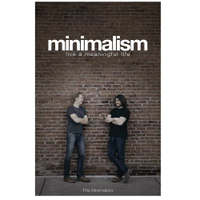I tried the 90/90 decluttering rule to organise my wardrobe and it drastically reduced wasted space
"Have you used that item in the last 90 days? If you haven’t, will you use it in the next 90? If not, then it’s okay to let go."
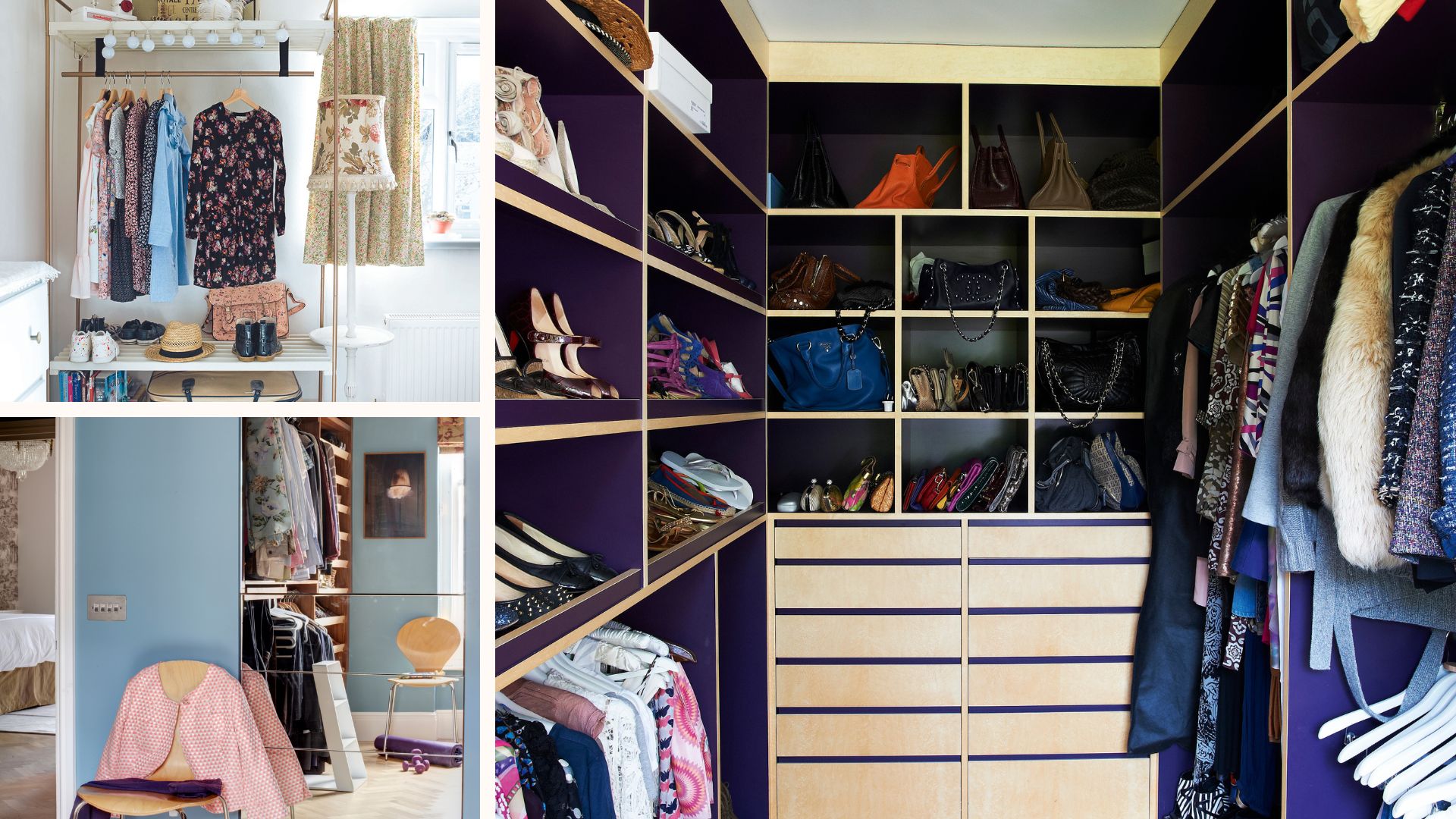

Decluttering is never an appealing task – but the 'doom pile' and cupboards that don't shut always reach a tipping point eventually. For me, this sparks a day spent sorting and decluttering. Last weekend, after ticking off some spring cleaning jobs, I carried on refreshing my space by trying the 90/90 decluttering rule in my unruly wardrobe.
Decluttering clothes is never easy because we're attached to them, they bring back memories, and feel tied up with our identity, not to mention the whole 'maybe I'll fit into it again one day'. But having a clear out made me excited about my wardrobe again and made me realise I do have things to wear.
This simple professional decluttering method made it much easier to work out what should stay and what should go, to ensure my efforts to build a capsule wardrobe remain in check.
What is the 90/90 decluttering rule?
Whether or not we're naturals at decluttering, the hardest part is always getting started – we don't know where to begin, and end up in a state of decluttering paralysis. Having a rule to follow also helped me get motivated to declutter.
This decluttering method was conceived by the well-known American authors Joshua Fields Millburn and Ryan Nicodemus – also known as The Minimalists. On their website theminimalists.com, they explain their 90/90 decluttering rule as follows: "Look at a possession. Pick something. Anything. Have you used that item in the last 90 days? If you haven’t, will you use it in the next 90? If not, then it’s okay to let go."
Minimalism: Live a Meaningful Life, at Amazon
After a pair of life-changing events, Joshua and Ryan discovered minimalism, allowing them to eliminate their excess belongings so they could focus on life's most important "things": health, relationships, passion, growth, and contribution. Read more from The Minimalists in their book.
I think the 90/90 rule works because it gives you a framework, it cuts through the mental chatter, and it's incredibly simple. Stephanie Rough, founder of The Organised Zone and APDO member says it's helpful as a visualisation technique. She explains that visualising when and where you are going to use an item helps the commitment to become tangible.
"Many clients think they will play tennis again and so keep a tennis racket just in case, but if you ask them to visualise when they will be playing tennis again they can then see that it was not realistic," Stephanie explains.
Sign up for the woman&home newsletter
Sign up to our free daily email for the latest royal and entertainment news, interesting opinion, expert advice on styling and beauty trends, and no-nonsense guides to the health and wellness questions you want answered.
Good news for those who find decluttering difficult – there is also some wiggle room with the 90/90 decluttering rule: "Maybe your rule isn’t 90 days. Maybe it’s 120. Maybe it’s six months," continue The Minimalists. "Whatever your rule, be honest with yourself. If your material possessions don’t serve a purpose or bring you joy, then they are likely in the way of a more meaningful life."

Stephanie is a professional organiser and the founder of The Organised Zone, where she supports families and professionals to declutter and get organised. Stephanie also regularly supports those downsizing and moving home.
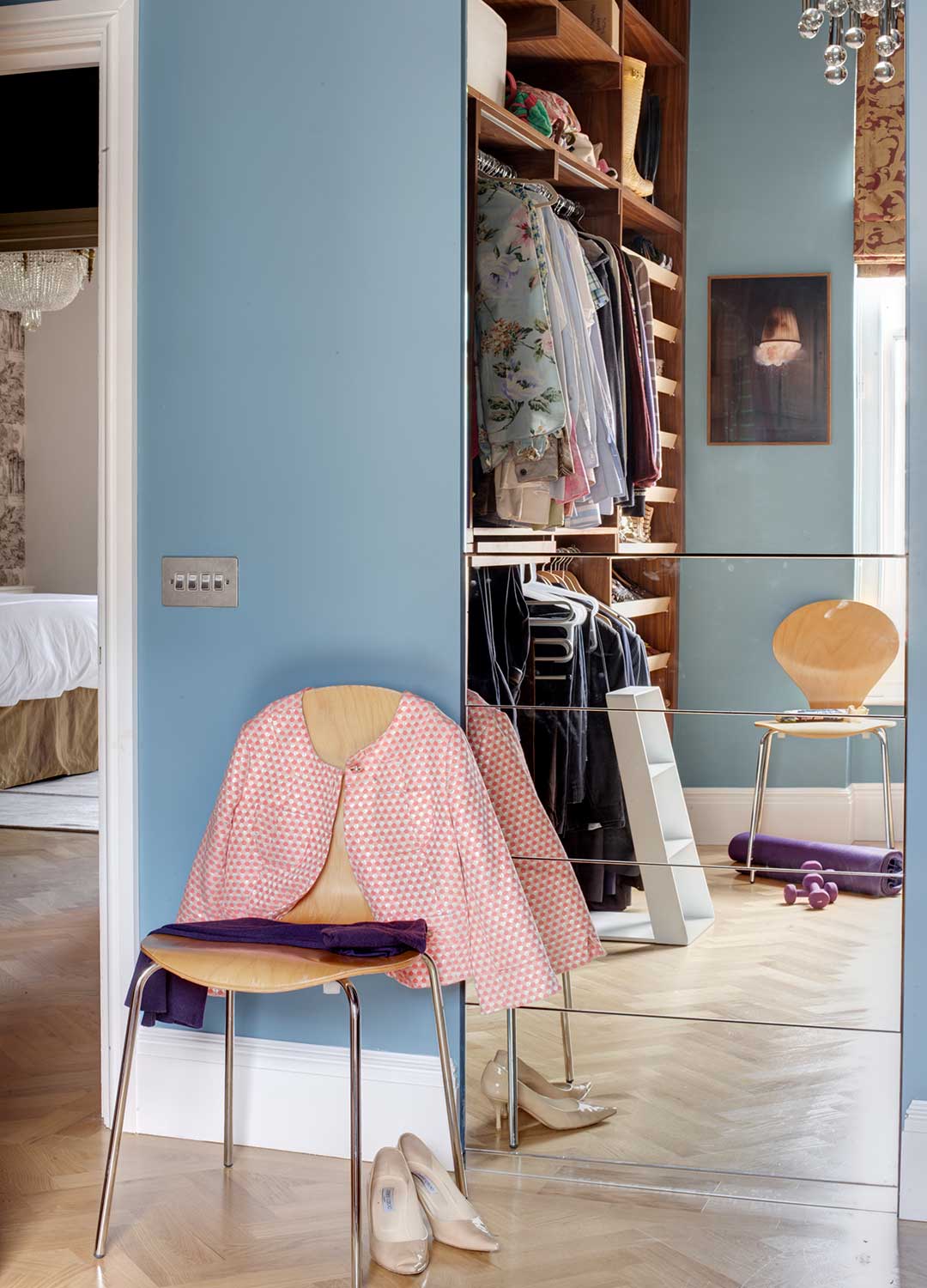
I tried the 90/90 decluttering method at home
I've been struggling with organising my closet since I moved in last summer, as there's plenty of hanging space but not many shelves, and I'm more of a T-shirt and jeans kind of girl. Regularly worn items kept ending up in a messy pile, so it was time to sort it out. The problem is having to organise a small closest with lots of clothes.
Among other things, I cleared out a load of old swimwear, a new jumpsuit I never ended up wearing, and a T-shirt that I loved but had a huge hole in it. I also got rid of some old running leggings that I never, ever reach for, a fancy dress beret, some random dried flowers I'd kept since autumn, and some homemade Christmas decorations that I knew wouldn't last til next December. This made a tonne of space so I could move my luggage to a different part of the wardrobe where it's out of the way.
I then discovered some summer clothes I'd packed away and was excited to get them back out ahead of warmer days ahead. I definitely need a few home organising products to help me now it's a little more streamlined, like clothes storage baskets, at Amazon and hanging wardrobe shelves, also at Amazon, but decluttering was a good place to start.
The 90/90 decluttering rule's limitations
Professional home organiser Laura Price points out that the 90/90 decluttering rule doesn't always work, though. "Items that are sentimental don’t work with the 90/90 rule – just because you’ve not worn your wedding dress in 180 days, doesn’t mean you’re going to want to get rid of it!" she says.
"For these items, I suggest storing them out of the way of your accessible space, like in a hard-to-reach cupboard, so you’re freeing up space for items you use regularly."
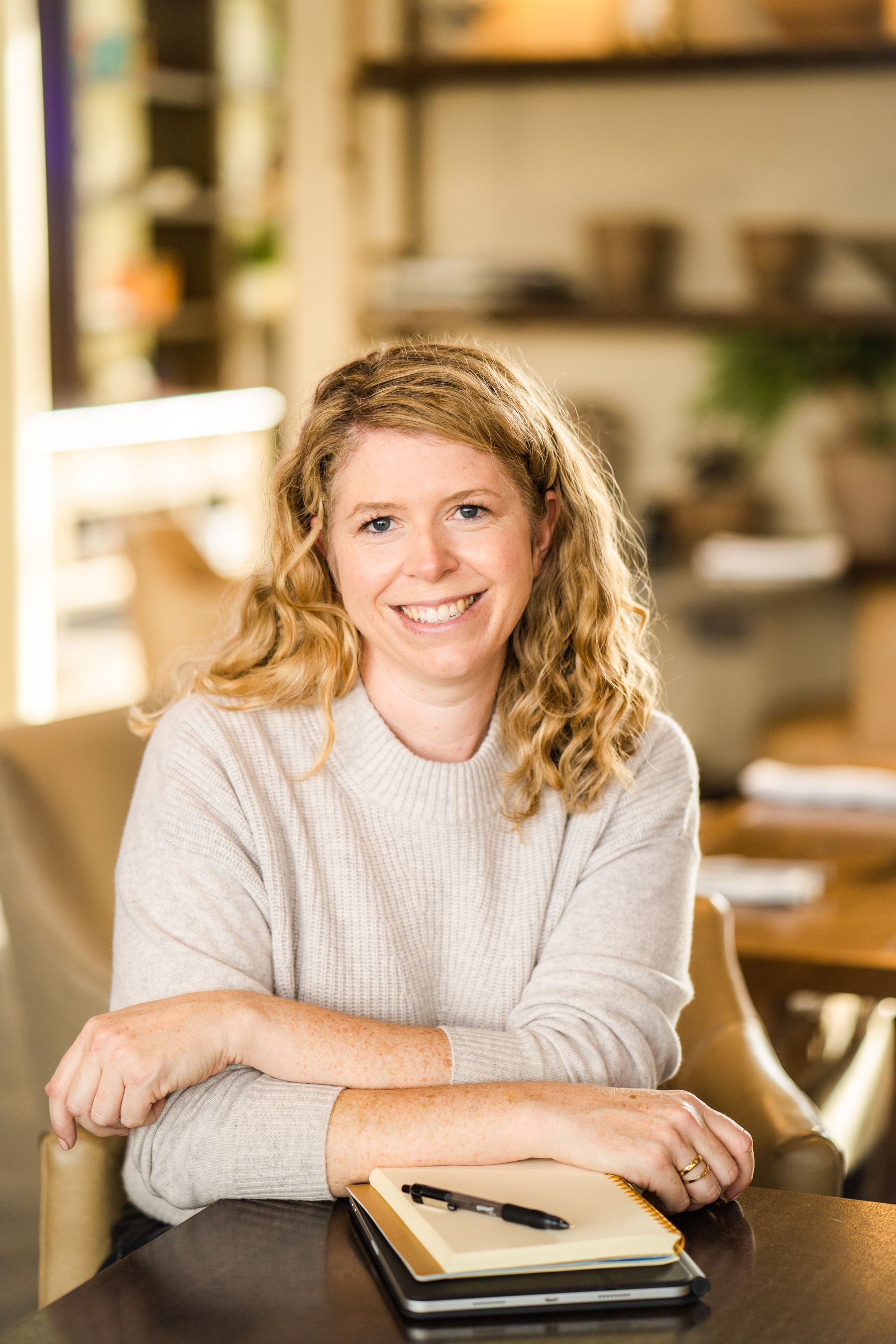
Laura Price is the owner of The Home Organisation. Laura Price's goal is to help others experience the benefits of living an organised life after discovering that organised homes brought her peace when raising three children in a hectic home. Hence the birth of The Home Organisation, a dedicated team of professional organisers.
If the 90/90 decluttering rule doesn't work for you, Stephanie Rough shares an alternative, similar method. "A new approach I am trying at the moment and having great success with clients is the 20/20 rule. If it can be purchased again for less than £20 in 20 minutes then that is also an item that can be decluttered – because it is very easy to replace.
"Invariably they never replace it but people regularly hold onto items because they think they won't be able to get it again."
What is the 80/20 decluttering rule?
Also known as the Pareto principle, the 80/20 rule states that we use around 20% of our belongings 80% of the time, so even if we wish to live simpler lives, the majority of our belongings are taking up unnecessary space and not adding to our lives.
"We tend to have a favorite pair of jeans or pair of shoes yet we still feel the need to hold on to everything else that looks identical 'just in case,'" says Sarah Parisi, owner of The Clutter Curator. "I encourage my clients to be discerning in the editing process and talk through the 'why' more and more to understand why we hold on to more than we need and use."
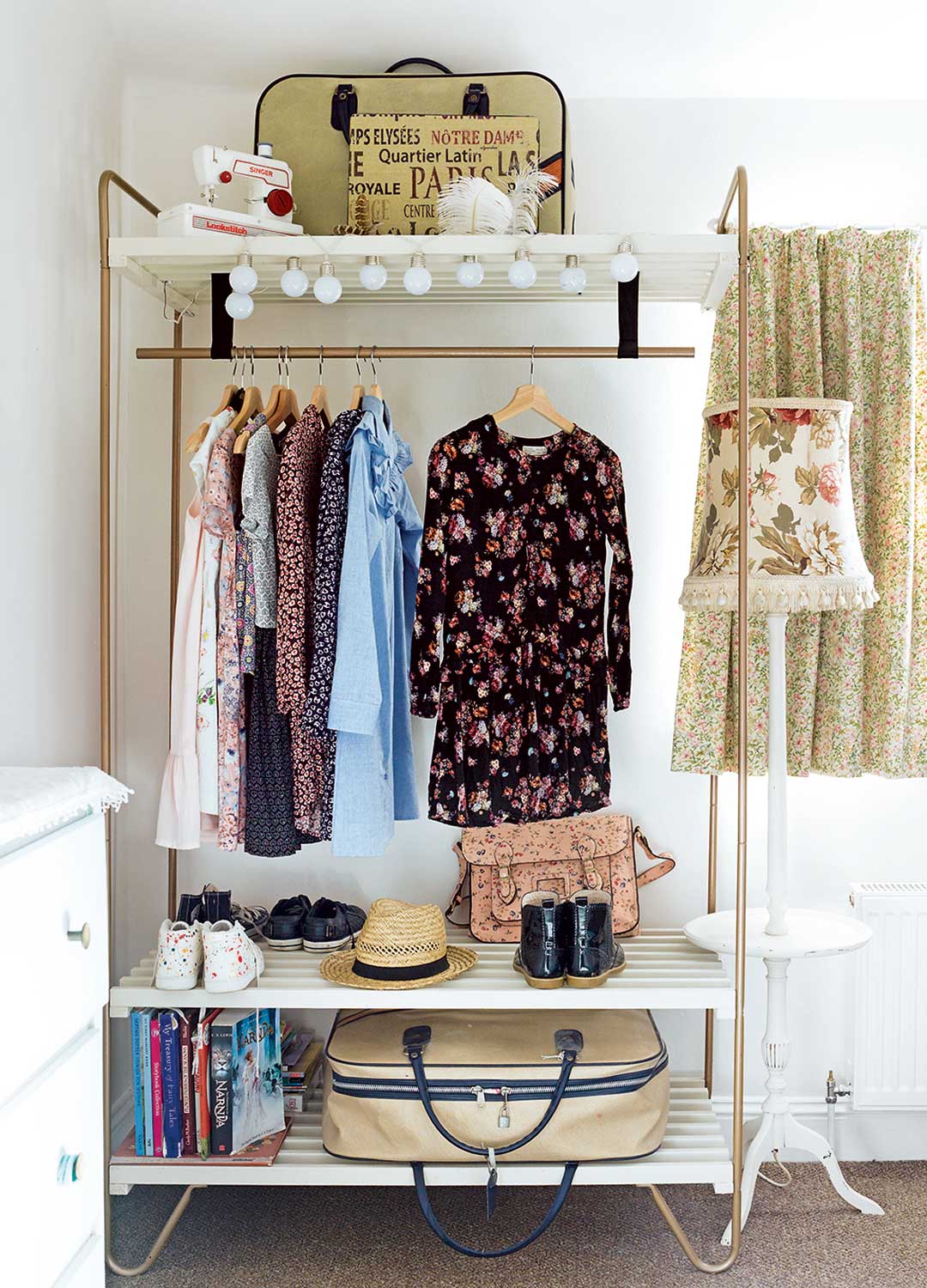
In conclusion, the rule is simply asking yourself two questions about whether you have used an item recently and if you're likely to use it again soon gives you a clear indication of whether it's contributing positively to your life right now.
After all, having a scarcity mindset and holding onto clutter comes at an emotional cost – consider the payoff between the monetary value of an item, and the mental cost of holding onto it and letting it take up space in your home on the off-chance you'll use it one day.

Millie Hurst is a freelance writer and interior designer based in Sheffield, helping clients create homes that are characterful, curated, and highly functional. Interior design inspirations include Jake Arnold, Beata Heuman and Abigail Ahern. Her personal style is a 'liveable maximalism' with boho, nature-inspired designs.
She has seven years of experience in the world of digital journalism, most recently working as Head of Solved at Homes & Gardens, where she wrote and edited countless features on home organisation, decluttering and interior design. Before that, she was Senior Content Editor at Ideal Home.
-
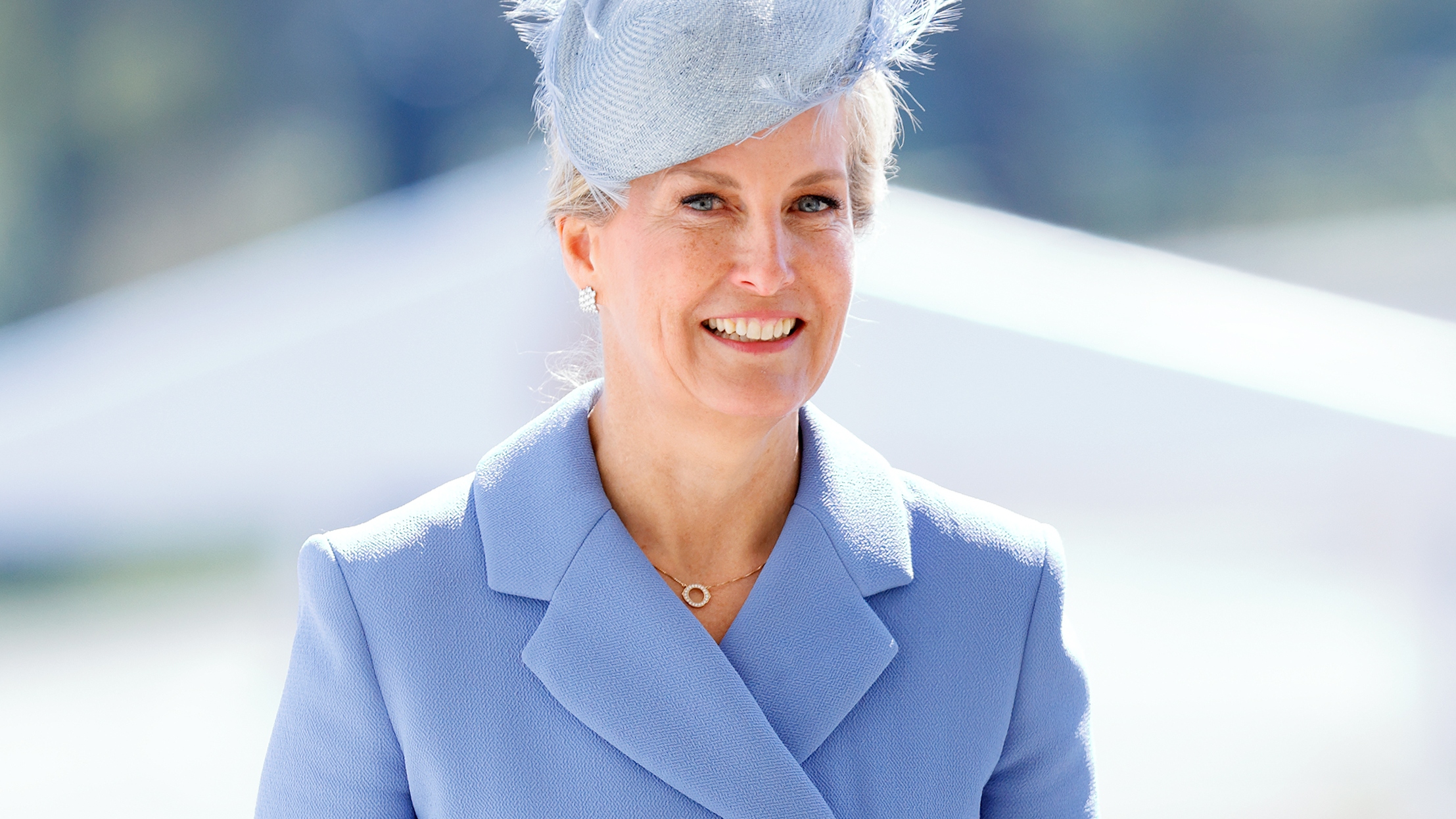 Forget-me-not blue is the pastel Duchess Sophie always comes back to - it might've overtaken pistachio as our favourite this season
Forget-me-not blue is the pastel Duchess Sophie always comes back to - it might've overtaken pistachio as our favourite this seasonThe royals love wearing a range of colours for engagements and visits, but there are a few hues that each of them gravitate towards the most.
By Emma Shacklock Published
-
 Not sure how to wear shorts this summer? Gwyneth Paltrow just gave us the ultimate laid-back outfit formula
Not sure how to wear shorts this summer? Gwyneth Paltrow just gave us the ultimate laid-back outfit formulaHer crisp white Bermuda shorts and light blue shirt combination is polished, comfortable, and super easy to recreate
By Molly Smith Published
